Q. After a performance like the one in Philadelphia, is anger an emotion you feel?
A. Sure. Anger, disappointment, all of the things you would naturally feel under those circumstances, but such is life in the National Football League. I think it's less about how you feel and more about what you do. I thought we had a good week's work. We got back to it, but there's nothing like getting back into a stadium. We have a formidable opponent tonight, and we're excited about meeting the challenge.
**
Here is a look at the statistical leaders for both the Steelers and Chiefs heading into Sunday night's game at Heinz Field.

QB Ben Roethlisberger has completed 70 of 118 passes (59.3%) in 2016 for 816 yards, 6 touchdowns and 4 interception for a quarterback rating of 83.2

Chiefs QB Alex Smith has completed 79 of 118 passes (66.9%) in 2016 for 786 yards, 3 touchdowns and 1 interceptions for a quarterback rating of 90.6.
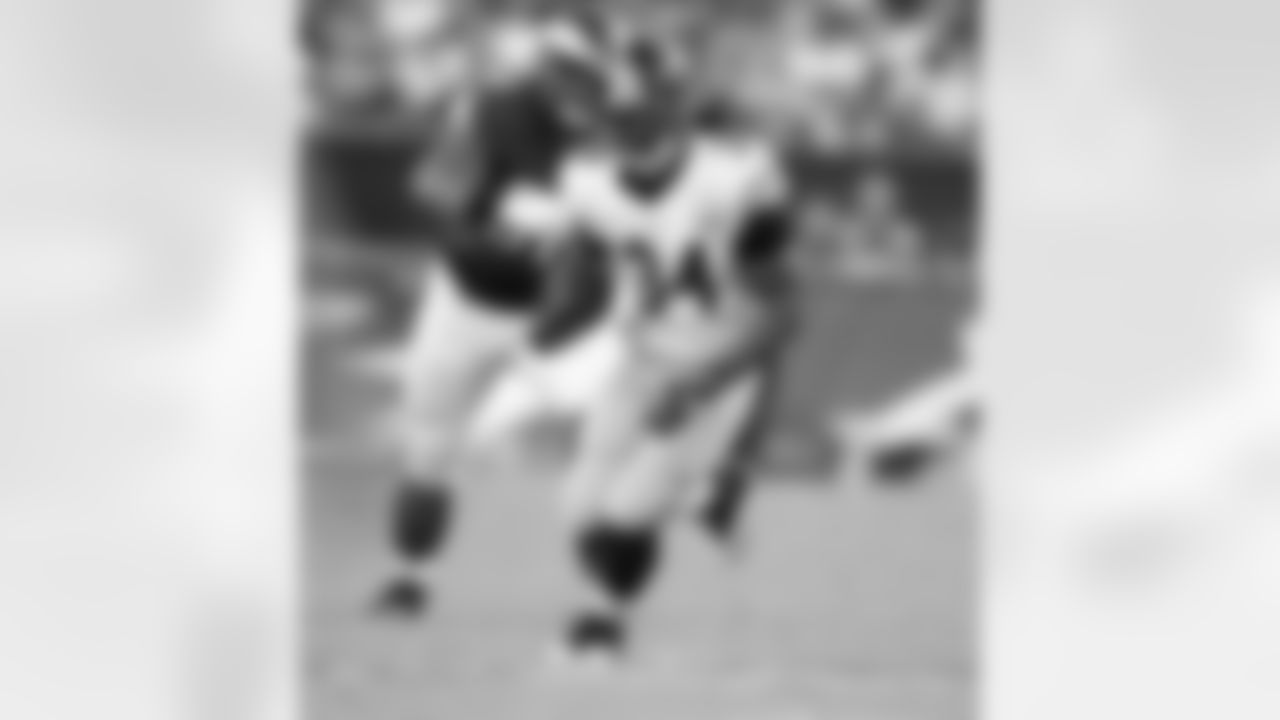
RB DeAngelo Williams leads the Steelers rushing attack with 258 yards on 66 carries (3.9 avg.) and has rushed for 2 touchdowns in 2016.
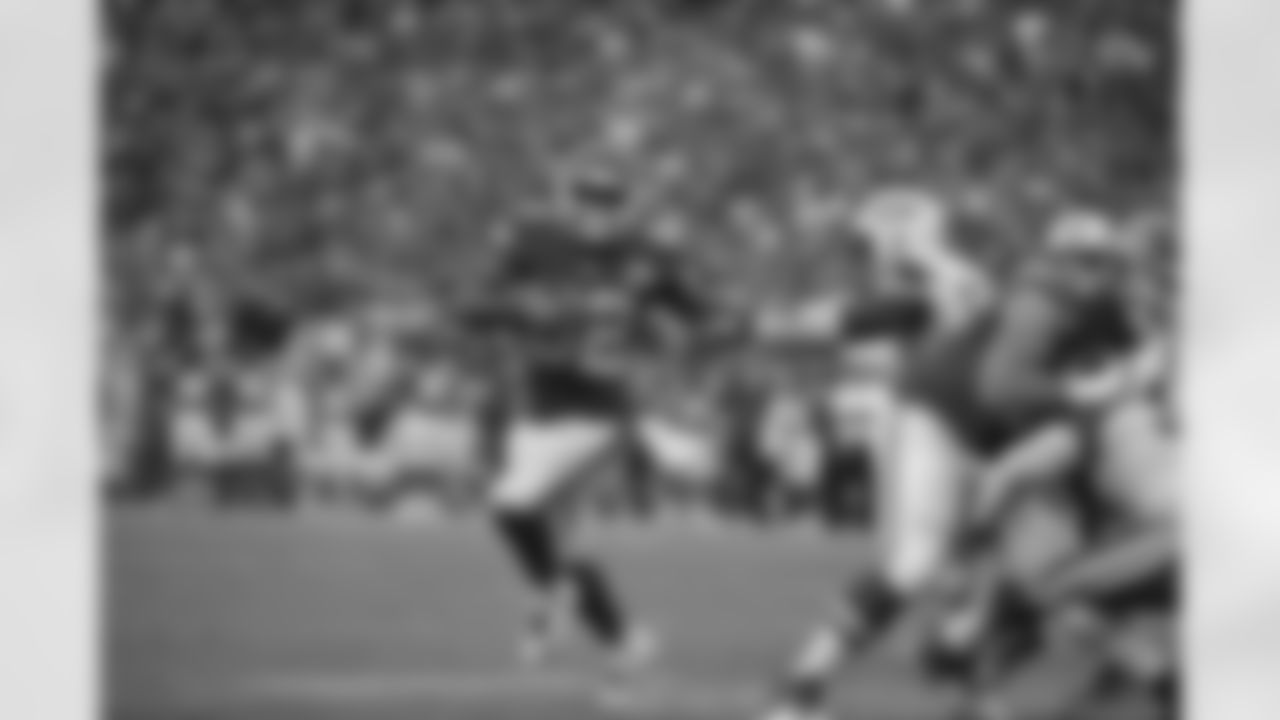
RB Spencer Ware leads the Chiefs in rushing the season with 202 yards on 41 carries (4.9 avg.) and has rushed for 1 touchdown.

WR Antonio Brown has a team-high 24 receptions for a team-high 305 receiving yards. Brown has also hauled in 2 receiving touchdowns on the season.

Chiefs WR Travis Kelce has a team-high 17 receptions for a team-high 197 receiving yards. Kelce has also hauled in 1 receiving touchdown on the season.
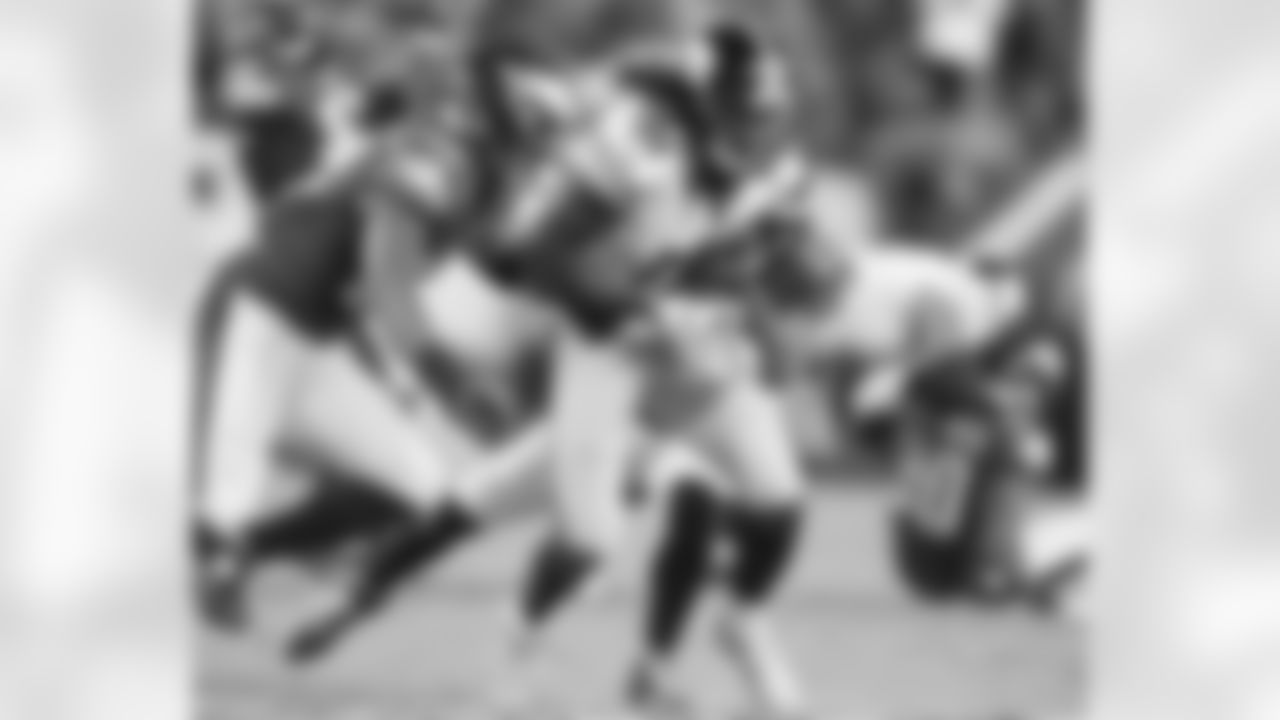
WR Sammie Coates has recorded 7 receptions for 203 yards (29.0 avg.) in 2016.
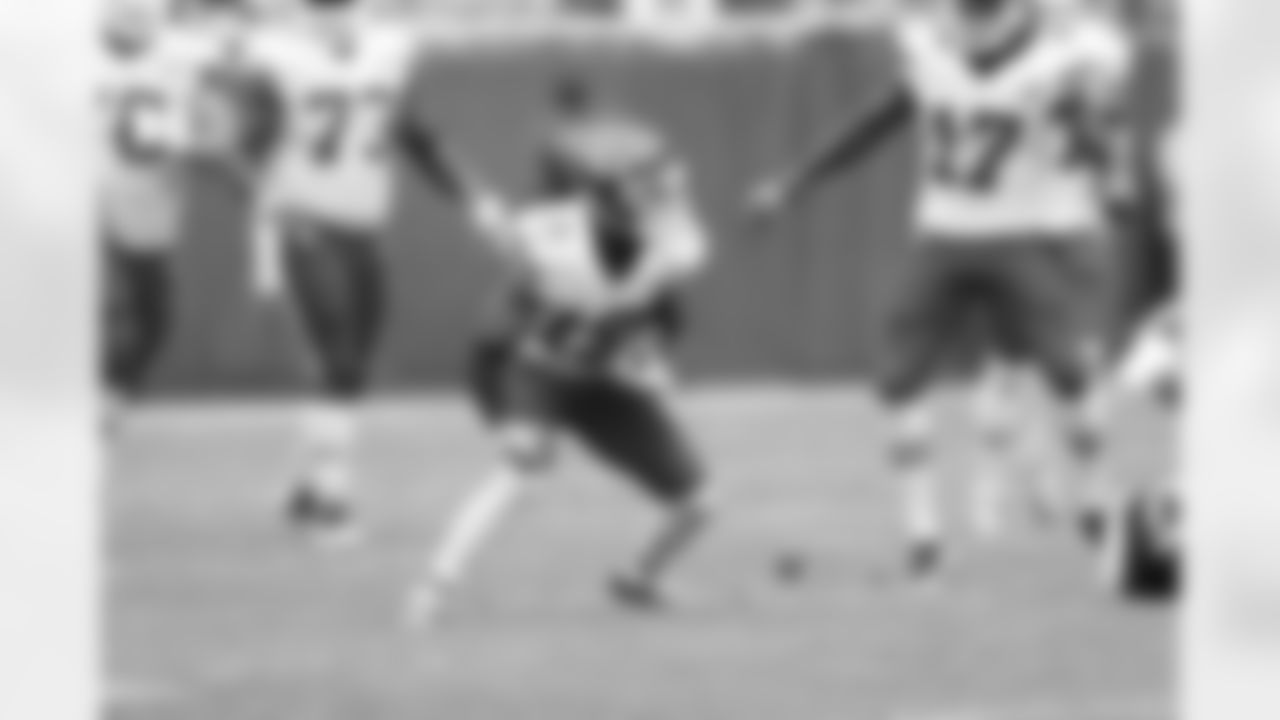
Chiefs WR Jeremy Maclin has hauled in 15 receptions for 166 yards (11.1 avg.) and 1 touchdown in 2016.

LB Ryan Shazier leads the Steelers defense with 20 total tackles (12 solo and 8 assist) this season. Shazier has also recorded 1 interception in 2016.

LB Derrick Johnson leads the Chiefs defense with 27 total tackles (22 solo and 5 assist) this season. Johnson has also recorded 1 sack in 2016.

LB Lawrence Timmons has 16 total tackles (10 solo and 6 assists) for the Steelers defense in 2016.

LB Tamba Hali has recorded 8 total tackles (7 solo and 1 assist) and 1.0 sack for the Chiefs defense this season.
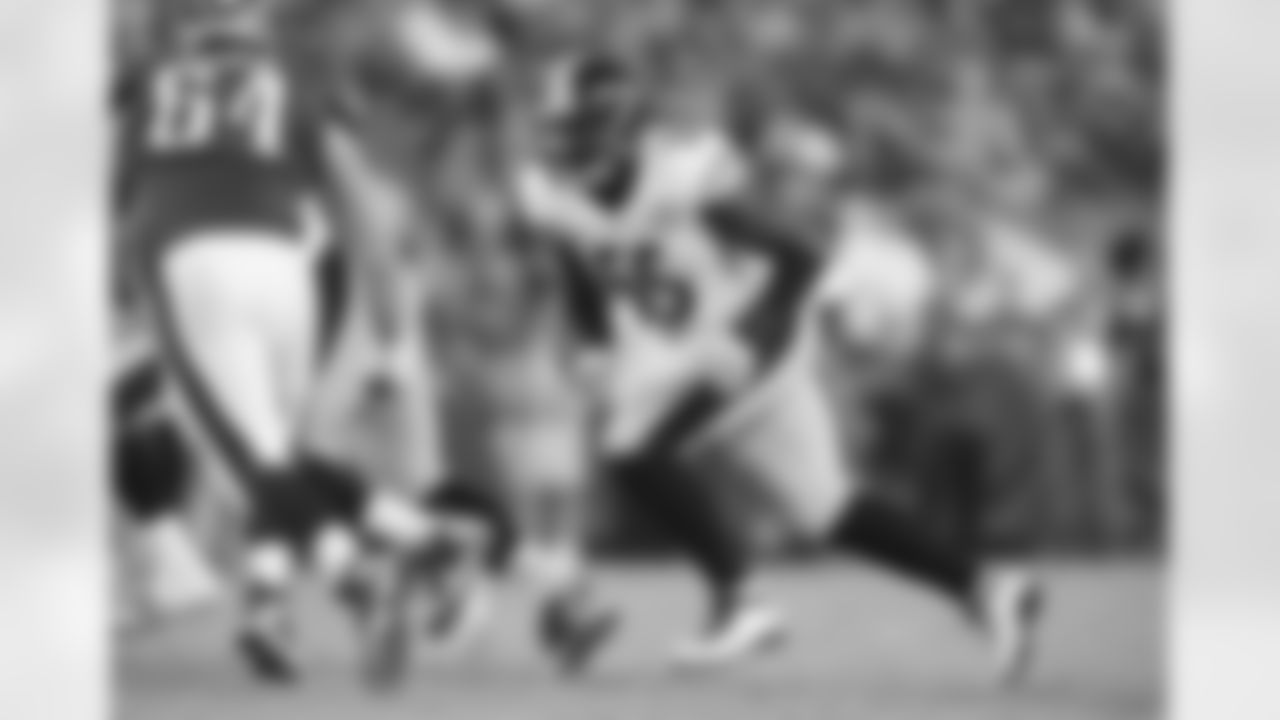
LB Arthur Moats has recorded the only QB sack for the Steelers defense this season.

Chiefs DB Marcus Peters has 4 interceptions and 11 total tackles (6 solo and 5 assist) this season.
Q. Do you express that anger with the team? Is there anything to be gained by that?**
A. Within our group and in our setting, yes. Any expression of that outside our group is unnecessary and really irrelevant. People outside our group really don't have an understanding of what it feels like to go through what we went through. But collectively within the group, sure, it can be healthy.
Q. Does the margin of defeat, or the margin of victory for that matter, ever matter in the NFL?
A. Sometimes to some people. I like to believe that I have a mentality and we have a mentality that we play and we play to win, and style points are less relevant. I guess you could say the same thing about it when you're on the other side of it.
Q. What was the mood among the players last Monday, and was there a particular mood you might have been looking for after that loss to the Eagles?
A. I say the same things every Monday, regardless of the game. We play on Sunday, we evaluate on Monday, we take the emotions out, we look critically at how we play, we make necessary corrections in an effort to increase our chances of winning the next time. You notice how I said that, because I routinely say it the same way, regardless of the outcome of games, because I'm looking for the same mood on Monday, regardless of what happened on Sunday. I think that is a good baseline in terms of us developing continuity.
Q. You don't want to ride the emotional roller coaster?
A. On Monday, we have to move forward, regardless of what happened on Sunday. There are just too many Mondays, too many Mondays that lie ahead. Again, whether it's positive or negative I say the same things every Monday because I want the same approach to the work that needs to be done that day.
Q. What have you found to be the best response to a bad game – change, or stay the course?
A. It really depends on each individual failure. Sometimes failures dictate that you do things differently. Sometimes failure dictates that you do things exactly the same, but you just have a commitment to doing it better. Usually it's a combination of both. I always have a commitment to what we have from a planning standpoint. I'm always open to the possibilities of us doing it better, but I'd be naïve if I wouldn't look critically at how we do things when we don't have the type of success we're looking for.
Q. How do you know which way to go – change or stay the course?
A. Years of coaching. I probably do it innately now. It's just being around the game, being around the men and understanding the mentality of those who play this game.
**
The Steelers grant the wish of a young Steelers fan from Fredericksburg, VA.

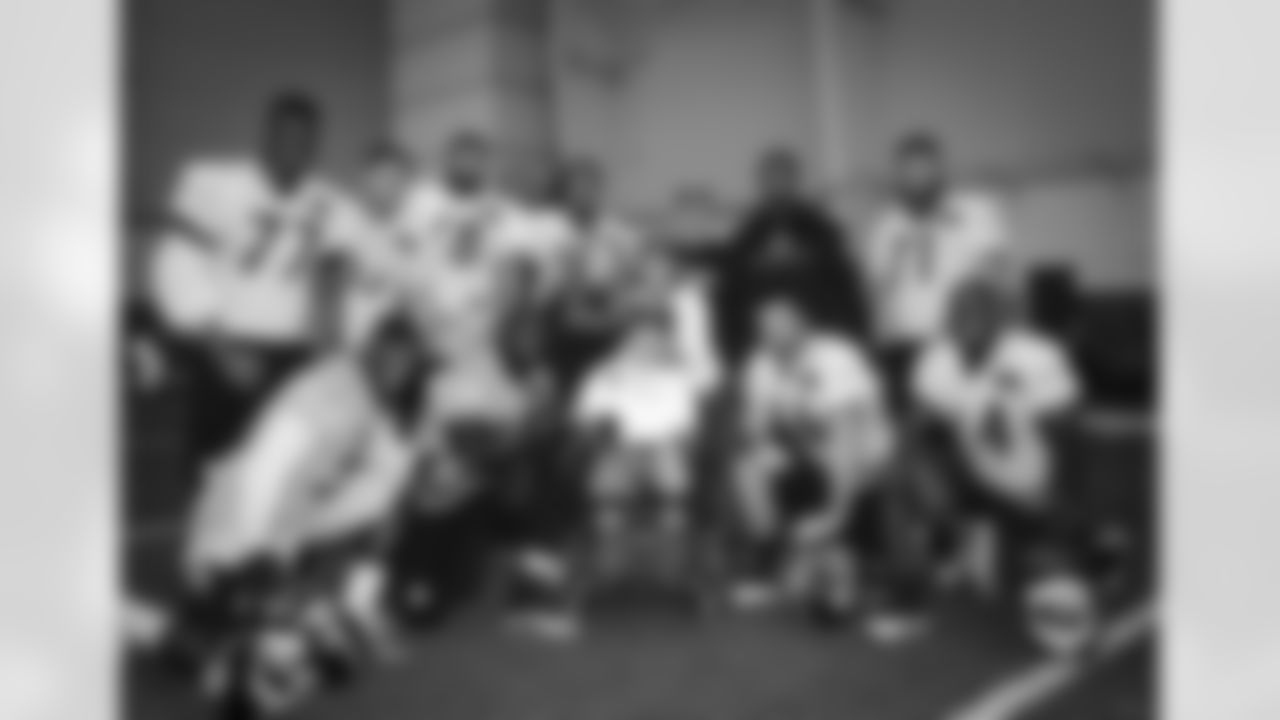















Q. This game against the Chiefs is the fourth of 16, and so a quarter of the regular season will be over this weekend. Do you use that as a marker or as a measuring stick at all?**
A. I specifically don't. We do in terms of some of the things we do procedurally – self-scouting and things of that nature. It's a natural thing to break the season down into quarters from an evaluational or measureable standpoint, but that's housekeeping, if you will. Just the spirit of the journey and how we go about the journey and identifying elements of the journey, I try to stay away from that because I don't want to de-value each individual week.
Q. When do you start looking at trends around the league with respect to helping you prepare your own team? One of the things that comes to mind immediately is the new kickoff rule.
A. As soon as Week 2. Anytime I'm getting an opportunity to look at a variety of people and their approach to situations and circumstances, I'm formally or informally getting a global perspective on how things are trending. I think that's something that continually goes on on a variety of levels.
Q. We're familiar with the problems receiving tight ends can pose for defenses in general. How does that compare with the problems a receiving running back can pose?
A. It is a very similar problem, because if you have a high-quality receiving running back, he creates matchup issues for linebackers and safeties. Particularly a guy who runs a full route tree. There are plenty of backs who have great hands, great short-area quickness who are a problem in that way, but schematics don't allow them to be a major problem because they're only running a limited number of routes. In the last decade or so, I can think of only a couple of guys who had the extended route tree who created real problems – Marshall Faulk, LeDainian Tomlinson, guys who were running more than hitches and slants and gos. Those are the kinds of guys who could fall into the category of the vertical tight end.
Q. Where is Le'Veon Bell in terms of being able to handle the full route tree?
A. He's in that category. Those are not my words, those are LaDainian Tomlinson's words. He came and watched us work for a day at training camp, and he went away with that perspective on it. It was interesting to get that perspective from one of those rare guys I just mentioned.
Q. Le'Veon Bell is a quality receiver, and since his job description is running back, are there things you can do with formations to get him covered by a linebacker or a safety rather than by a cornerback?
A. You don't dictate to them. What the defense's intentions are is something that's revealed to you often by the movement of the running back in the formation, but you don't dictate to them. What I mean is that if you remove the back from the backfield and he's split out wide, and they have a cornerback on him, that simply is telling you they chose zone. If there's a linebacker on him, then it's being revealed to you that they're playing man-to-man on that down. By simply moving him around, you don't have the ability to dictate who is in coverage.
Q. You're a 2-1 team because that's what your record says you are, but outside of that and the boundaries of the final score, do you allow yourself to be either pleased or disappointed by performances of individuals or units?
A. We're always evaluating the performances of the units, for the same reasons I tried to explain when I talked about our mentality regarding Mondays. We need to take the emotions out. We need to look critically at how we performed individually and collectively, because the next challenge is around the bend. And in the National Football League, people work to expose your weaknesses, they work to move away from your strengths, and that self-evaluation, that self-awareness is a big part of the journey for us.
**
Q. What units have pleased you so far?**
A. Specifically, if I talk about the most impressive unit so far, it's our punt team. Consistent punting and gunner play is a big element of that. We're getting quality play from Darrius Heyward-Bey, from Robert Golden, even from Sammie Coates. They really did a nice job of minimizing Darren Sproles' impact as a returner in the game against the Eagles. We have a big challenge tonight with Tyreek Hill, who already has returned one punt for a touchdown this season. Jordan Berry is really evolving for us in his second year, and the statistics speak for themselves.
Q. Is it inherently disappointing at all to you that you picked the punt team as the unit that has pleased you, or are all of the units like children to a parent where you love them all equally?
A. For me, I don't place one unit over another in terms of importance. My perspective might not be what you or the fan might anticipate. It's probably more like that children analogy that you suggested. I'm looking critically at all elements of what it is that we do, and so far that unit has been ridiculously consistent and positively consistent.
Q. Who is Kansas City's key guy on defense, and how does his play set things up for the rest of the unit?
A. No. 56. Derrick Johnson. He's in the middle of things at the linebacker level. He plays in all packages and situations. Really, he's good in all packages and situations, and last week is a good example of that. He had a sack, he had an interception that was returned for a touchdown. He is their defensive signal-caller. It all flows through him. They have plenty of talented people – Dontari Poe, Tamba Hali, Marcus Peters at corner, Eric Berry at safety – who are some of the guys who are the very best in the world at what they do. But No. 56 is the guy.
Q. The Chiefs had eight takeaways last week in a win over the Jets – six interceptions and two fumble recoveries. How does a defense make that happen, or is it more a function of the opposing offense and its level of play that day?
A. It's usually both. The Chiefs played at a high level and were extremely opportunistic, and a big part of being opportunistic is finishing plays. Often times being in the right place and seeing what it is you're supposed to see could mean only a pass breakup instead of an interception if you don't finish the play. You have to acknowledge the Chiefs did a great job of closing on the ball and securing the ball. Tipped passes and so forth were a part of that turnover tally. But I'd imagine the Jets looked critically at the performance and saw things they wish and acknowledge they could have done differently.
Q. Marcus Peters has four interceptions already this season. How is he doing what he has been able to do?
A. He's a ball guy. He's always been a ball guy. He's got 12 interceptions in 19 career games. He had a similar ratio and total at the University of Washington. I would imagine if you peel back the layers and looked at his middle school tape, he did the same thing there. He's one of those guys. He's a calculated risk-taker. He's aware. He's aggressive. He's got good hands.














